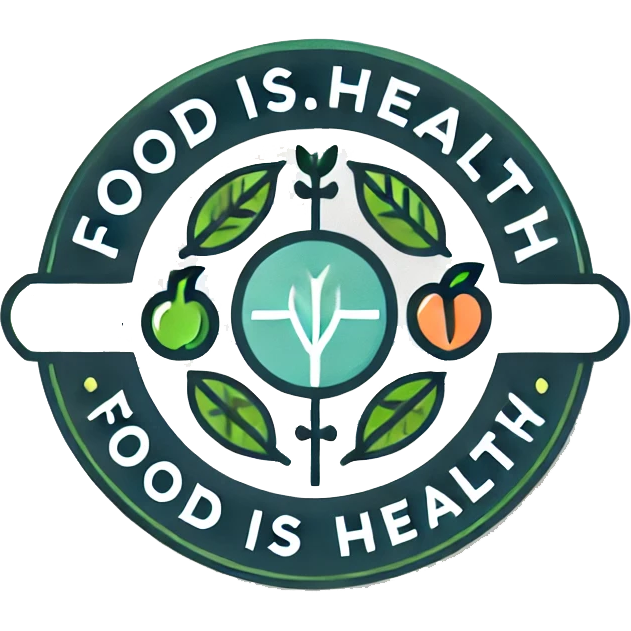Understanding the relationship between gut health and mental health is a fascinating and growing area of research. This connection is often referred to as the “gut-brain axis.” Here’s a detailed overview to help you understand how gut health can influence mental health and mood:

The Gut-Brain Axis
- Bidirectional Communication: The gut and the brain communicate with each other through several pathways, including the vagus nerve, the enteric nervous system, and various signaling molecules like neurotransmitters and hormones.
- Neurotransmitter Production: The gut microbiome plays a crucial role in the production and regulation of neurotransmitters such as serotonin, dopamine, and gamma-aminobutyric acid (GABA), which are essential for mood regulation. In fact, about 90% of the body’s serotonin is produced in the gut.
- Inflammation and Immune Response: An imbalance in gut bacteria (dysbiosis) can lead to chronic inflammation, which is associated with various mental health conditions, including depression and anxiety. The gut microbiota influence the body’s immune response, which can, in turn, affect brain function and behavior.
- Stress Response: The gut microbiome can modulate the body’s response to stress by affecting the hypothalamic-pituitary-adrenal (HPA) axis. A healthy gut flora can help manage stress-related symptoms, whereas an imbalanced gut microbiome can exacerbate them.
Evidence from Research
- Animal Studies: Numerous animal studies have shown that modifying the gut microbiome can influence behavior and stress responses. For example, germ-free mice (mice without gut bacteria) exhibit increased anxiety-like behaviors compared to normal mice.
- Probiotic Effects: Some studies have indicated that certain probiotic strains can help reduce symptoms of anxiety and depression in humans. For example, strains like Lactobacillus helveticus and Bifidobacterium longum have been studied for their potential mood-stabilizing effects.
- Gut Disorders and Mental Health: People with gastrointestinal disorders such as irritable bowel syndrome (IBS) often experience higher levels of anxiety and depression, suggesting a strong link between gut and mental health.
Practical Steps to Support Gut and Mental Health
- Dietary Changes:
- Increase Fiber Intake: Foods rich in fiber, such as fruits, vegetables, and whole grains, support the growth of beneficial gut bacteria.
- Consume Probiotics: Include probiotic-rich foods like yogurt, kefir, sauerkraut, kimchi, and miso in your diet.
- Add Prebiotics: Prebiotics, found in foods like garlic, onions, bananas, and asparagus, feed beneficial gut bacteria.
- Limit Processed Foods: Reduce intake of processed foods high in sugars and unhealthy fats, which can disrupt gut health.
- Lifestyle Modifications:
- Manage Stress: Practices such as mindfulness, meditation, and regular exercise can improve both gut and mental health.
- Get Enough Sleep: Poor sleep can negatively affect the gut microbiome, so aim for 7-9 hours of quality sleep per night.
- Stay Hydrated: Drinking plenty of water supports overall health, including digestive health.
- Consider Probiotic Supplements:
- If dietary changes alone are not sufficient, consult with a healthcare provider about the possibility of taking probiotic supplements to support gut health.
Understanding and supporting the gut-brain axis through these methods may contribute to improved mental well-being and a more balanced mood.cluding these fatty acids in your diet can help manage and reduce chronic inflammation, thereby promoting overall health.
Make sure to check out more articles in our News & Views section. Feel free to reach out any time to collaborate with Food Is Health on projects which help people heal through natural food & nutrition.
Organic vs Conventional Food | Food Preservatives & Additives | Anti-Inflammatory Diets | Gut Health & Probiotics | Plant-Based Diets | Detox Diets & Cleanses | Food Allergies & Sensitivities Functional Foods | Sustainable Eating & Food Waste | Ag Related Topics | Popular Topics
